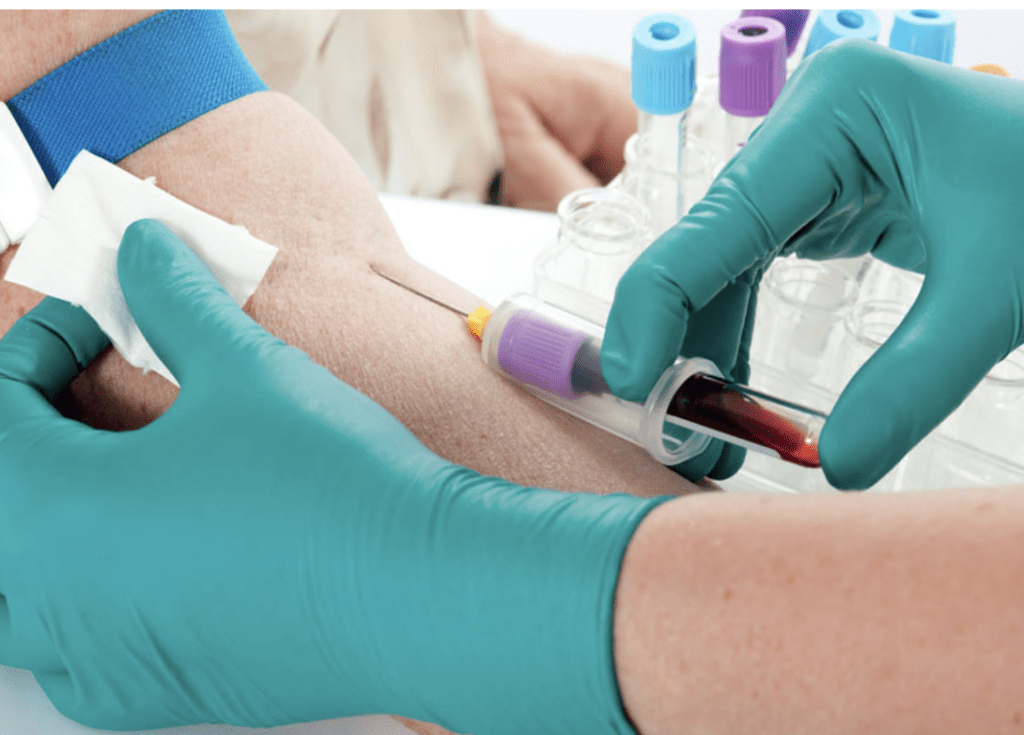Your gut can be unpredictable and confusing, and bloating is one of people’s most common complaints about their digestive health. Did you know that 10 to 25% of healthy individuals experience bloating? If bloating happens so frequently, why is it difficult to pinpoint the exact cause?
One of the most common sources of bloating could be hidden in the foods you eat daily. If you’re feeling bloated, here’s what it could mean—and what you can do about it.
What Causes Bloating?
Many people assume bloating is caused by water retention, but that’s not the case. Bloating occurs when gas builds up in your gastrointestinal (GI) tract, disrupting the way food moves through your digestive system. Anything from overeating to constipation, food sensitivities, or even chronic GI conditions can lead to a bloated stomach.
Ideally, your gut should have a ratio of 85% good bacteria to 15% bad bacteria. When this balance is disturbed, you may experience bloating and gas, along with other uncomfortable symptoms like:
- Excessive belching
- Gas
- Abdominal rumbling
- Nausea
- Stomach pain or tightness
Common Culprits of Bloating
While gluten, dairy, or soy are often blamed for bloating, many people overlook a key offender: sugar. Sugar feeds the bad bacteria in your gut, tipping the balance away from healthy bacteria. When the ratio of good to bad bacteria shifts, symptoms like bloating, gas, and discomfort arise.
Over time, excessive sugar consumption can worsen bacterial imbalances and lead to more serious conditions like candida, small intestinal bacterial overgrowth (SIBO), and intestinal permeability. That’s why identifying and addressing bloating early on is essential for long-term gut health.
Foods That Cause Bloating
So, what foods are the worst offenders when it comes to bloating? Foods high in natural and processed sugars can contribute to gas and discomfort, particularly in people who are sensitive to sugars like galactose, sucrose, and fructose. When these sugars aren’t absorbed in the small intestine, they reach the colon where gut bacteria ferment them, producing gas.
To reduce bloating, consider limiting the following high-sugar foods:
- Fresh or store-bought juices
- High-sugar fruits like apples, grapes, and mangoes
- High-sugar protein and granola bars
- Baked goods, even gluten-free options
- Processed sauces, salad dressings, and condiments
By eliminating or reducing these foods, many people find that their bloating improves significantly.
How to Relieve Bloating
If you’ve tried reducing sugar and other common triggers but still feel bloated, it might be time to dig deeper into what’s going on in your gut. A complimentary wellness consultation can help you determine if underlying conditions like SIBO, food sensitivity, or dysbiosis are to blame.
In the meantime, here are some tips to help relieve bloating:
- Eat slowly and chew thoroughly: This helps reduce the amount of air you swallow, which can contribute to bloating.
- Avoid carbonated drinks: These drinks introduce excess gas into your digestive system.
- Drink plenty of water: Staying hydrated helps keep food moving through your digestive system smoothly.
Manage stress: Stress can interfere with digestion and lead to bloating, so finding ways to relax is essential for gut health.
When to Seek Professional Help
If bloating is a persistent issue for you, it may be time to seek personalized guidance. At My Wellness Solutions, we offer complimentary wellness consultations to help uncover the root cause of your bloating and create a tailored plan to improve your gut health. From adjusting your diet to supporting your microbiome with the right supplements, we’ll work with you to find lasting solutions to beat the bloat.







